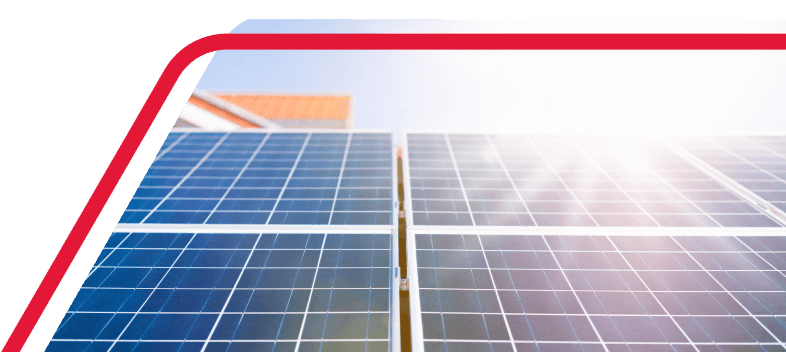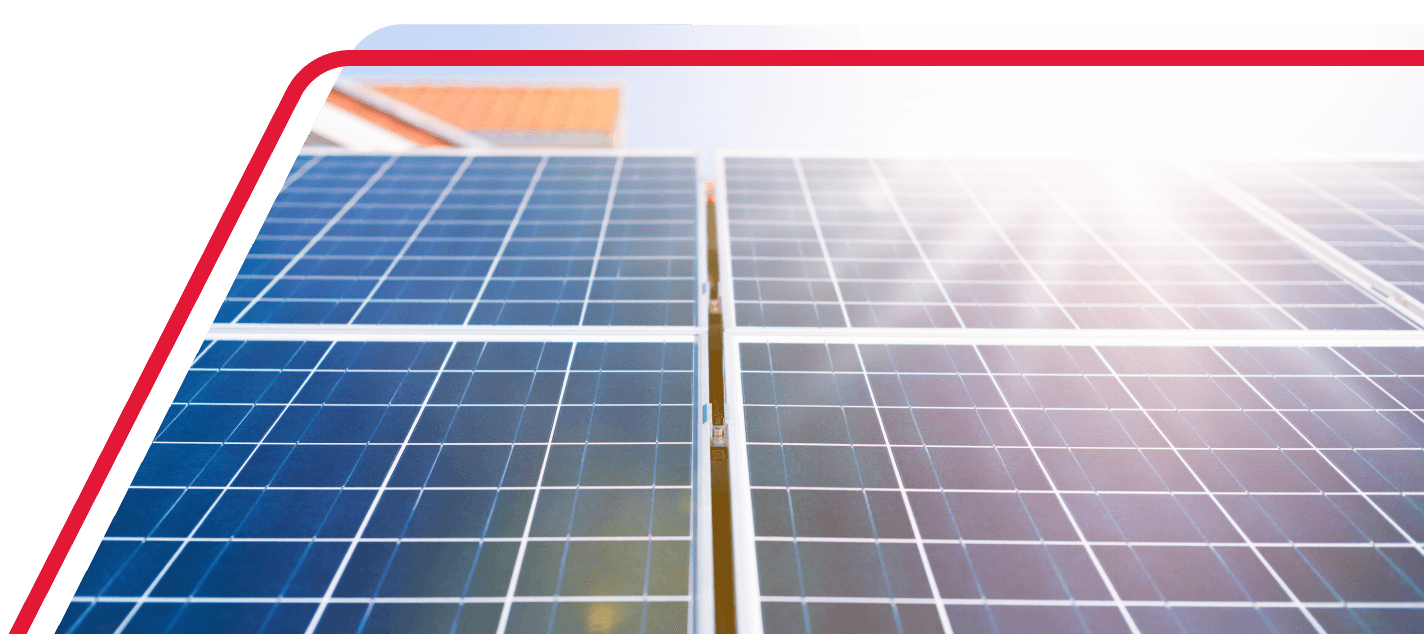Solar basics


Home solar basics
Alberta is one of the sunniest provinces in the country, making solar a practical energy option for many home and business owners.
Home solar power systems
The sun is a remarkable source of renewable energy. Solar power is produced when radiant light or heat from the sun is captured and used to provide electricity or heat for homes and businesses. Turning the sun’s energy into power can be done in several ways. For generating electricity, the most-used technology is photovoltaic (PV) cells or solar cells.
Solar cells held together within a frame and under protective glass create a solar module (often referred to as a solar panel). When several solar modules are connected, it is called a solar array.
Solar arrays are usually installed where they will receive the most direct sunlight, typically on the roof of a home or an unobstructed area on the ground. Shadows cast from trees, nearby homes and buildings or other structures can impact the effectiveness of a solar array, as can the angle or pitch at which modules are installed.
When a home solar array generates power, it is called micro-generation. Micro- generation also includes how a household is credited for excess solar power that is sent back to the grid.
Components of home solar power systems
1. Solar modules (solar panels)
2. Inverter
3. Electrical panel
4. Bi-directional meter
5. Electricity usage
6. Excess solar energy and micro-generation
Grid connection
1. Grid-tied
2. Grid-tied with storage
3. Off-grid
Generating solar power
System size, installation and maintenance
Energy use differs from one home to the next. Home solar power systems are designed to meet these unique energy needs. Annual energy consumption, available roof space and the amount of direct sunlight a home receives, are all factors in determining the size and capacity of a home solar power system.
Sizing home solar power systems
Measuring solar power
Solar power system installation
Solar power system maintenance
Our team is here to help
General solar system, micro-generation credit and billing questions
Current ENMAX solar lease customers
ENMAX Power micro-generation applications
ENMAX Power meter exchanges or general
If you’re a solar installer looking to connect a system to the Calgary network please visit ENMAX Power’s Distributed Generation page.

